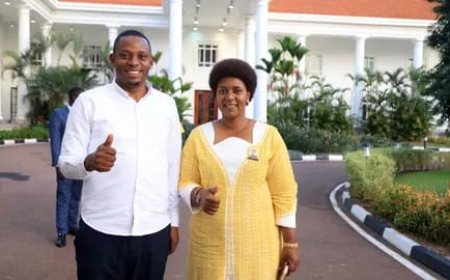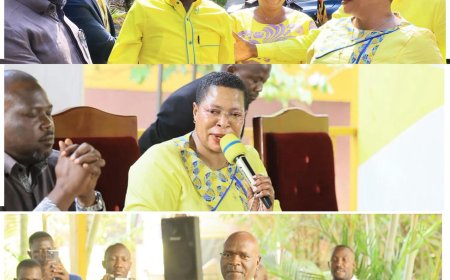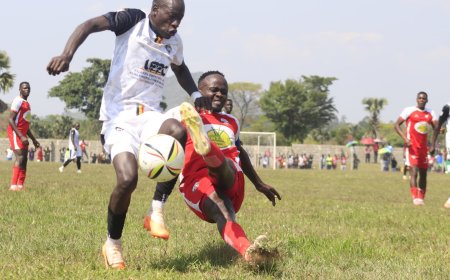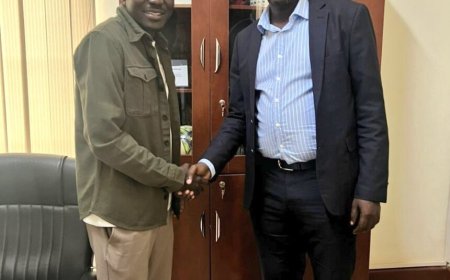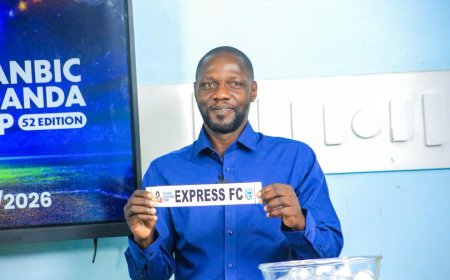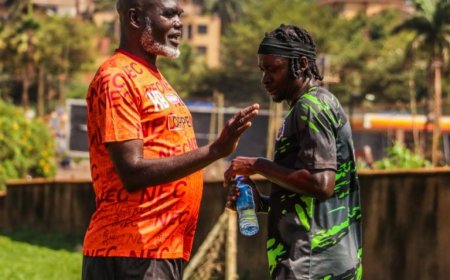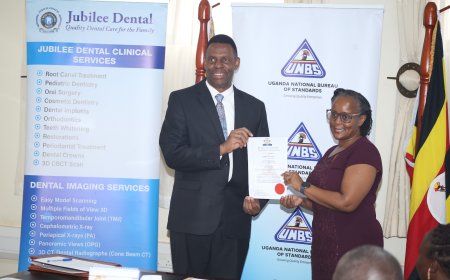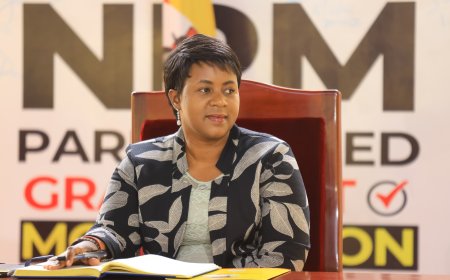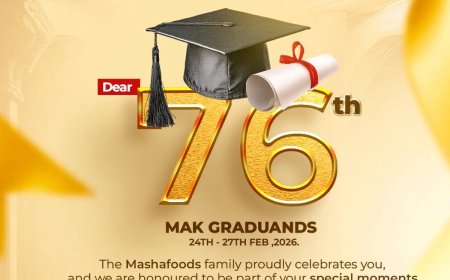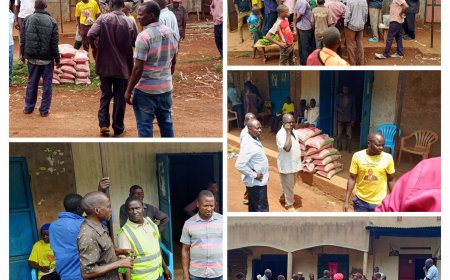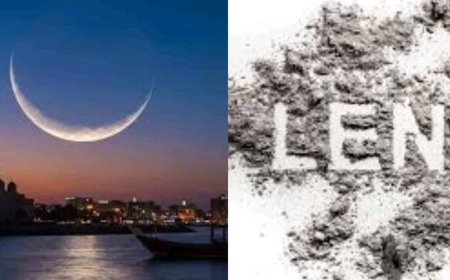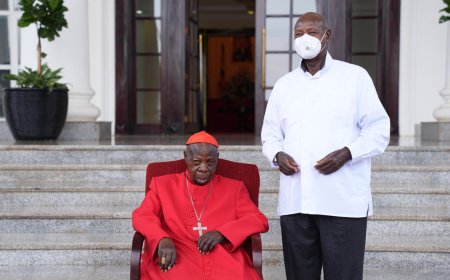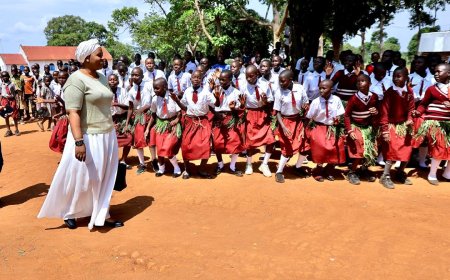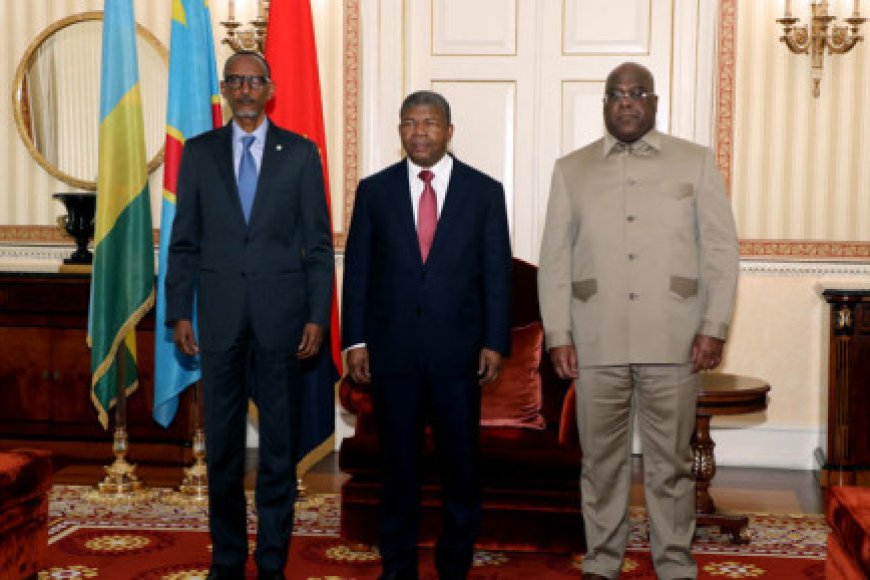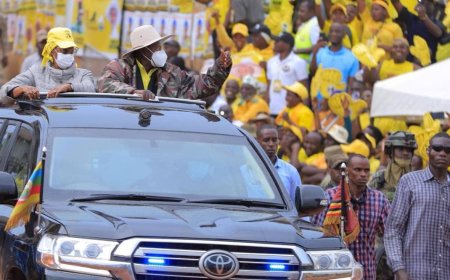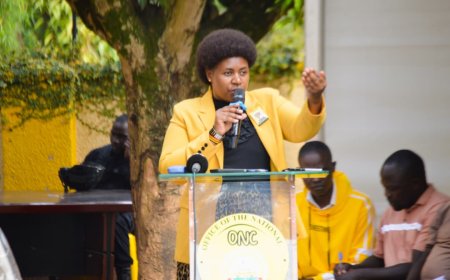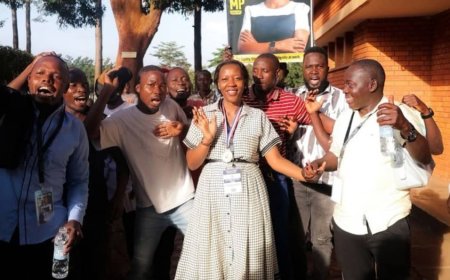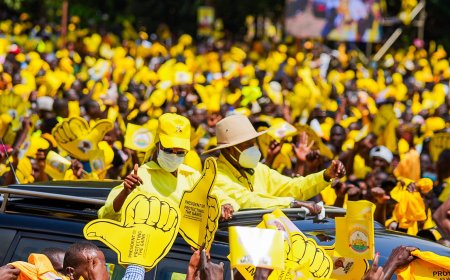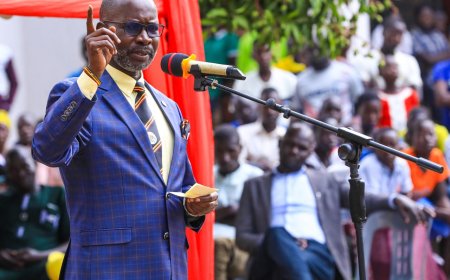Tshisekedi using Congo crisis to delay elections: Kagame
Fighting in eastern Congo between government forces and M23 rebels has heightened tensions with neighbouring Rwanda, which the DRC accuses of abetting the militia - a charge Kigali denies.
KIGALI - Rwanda's President Paul Kagame on Wednesday accused his counterpart in the Democratic Republic of Congo (DRC) of exploiting a violent crisis in his country's east to delay elections.
Fighting in eastern Congo between government forces and M23 rebels has heightened tensions with neighbouring Rwanda, which the DRC accuses of abetting the militia - a charge Kigali denies.
Talks between the two countries in Angola last week did result in a ceasefire that paused the fighting, and several days later the truce appears to be holding.
In a state address, Kagame said "the whole world" was putting the blame for the crisis on Rwanda but it was DRC's President Felix Tshisekedi seeking to gain from the unrest with elections on the horizon.
"This problem can be resolved if one country headed for elections next year does not try to create grounds for an emergency so that elections do not take place," Kagame said at a swearing-in ceremony for new cabinet members.
"If he is trying to find another way of having the next elections postponed, then I would rather he used other excuses, and not us."
Tshisekedi came to power in January 2019 and DRC will hold its next presidential poll in December 2023.
The electoral commission this month said persistent insecurity in parts of the country would pose a challenge to a "free, democratic and transparent" vote.
DRC and Rwanda have accused each other of backing rebel groups and the resurgence of M23 has pushed diplomatic tensions to fresh highs.
Under the ceasefire that came into force on 25 November, M23 fighters were to withdraw from "occupied zones" in eastern Congo, failing which an East African regional force would intervene.
The M23 is among scores of armed groups that have turned eastern DRC into one of Africa's most violent regions.
Another round of talks with armed groups continued in Kenya on Wednesday, without the M23 present.
Uhuru Kenyatta, the former Kenyan president who is facilitating the talks, said foreign rebel groups operating in Congo "should get out" or face DRC and East African troops.
"Already they have been given notice: DRC will not be a centre for fighting by other countries," Kenyatta said.
